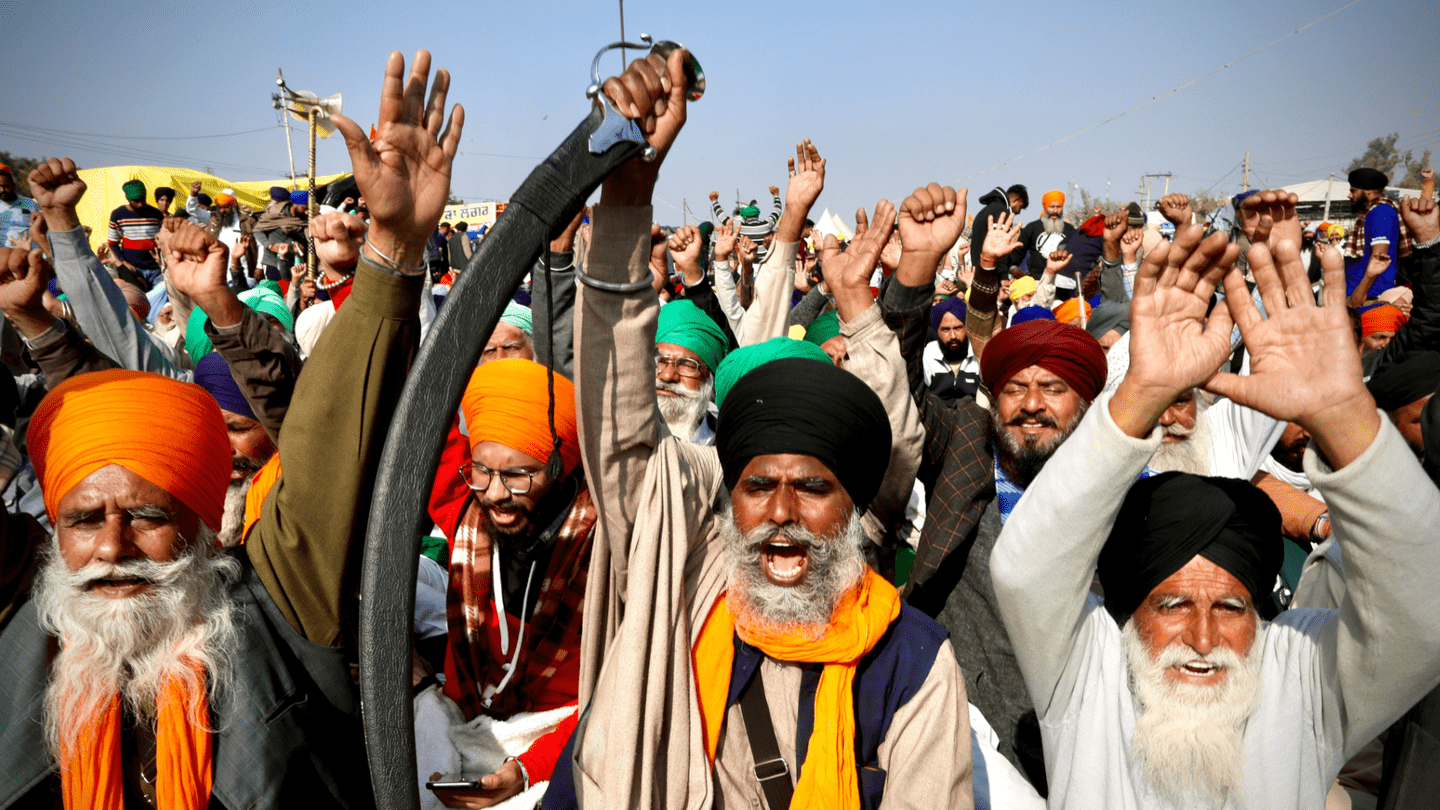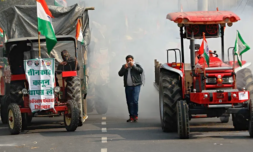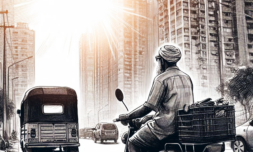Throughout history, protesters in India have been congregating in the streets to perform mass movements of solidarity against human rights offences and political policies which don’t prioritise the wellbeing of the nation’s people.
Over the years we’ve seen impressive gatherings of people protesting in India.
From indigenous peoples to students, and even bull tamers, the diversity of attendees demonstrates that the people of India are not afraid to push back on their government.
Perhaps most impressive of all was the protest led by Indian farmers in December 2020, which was identified at the time as the largest peaceful protest in world history.
It was made up of students, civil society groups, and farmers, all opposing three new agricultural laws which would allow farmers to negotiate with corporate companies.
Despite these new laws seeming to bring India a step closer to agricultural autonomy, in reality the new bills involved the retraction of government subsidies.
Authorities were essentially overlooking farmers’ capacity to manage their own trade. They also ignored the fact that many marginalised farmers lacked the negotiation power or skills to carry out deals that would become necessary if these new bills were introduced.
In response, protesters demanded the creation of a minimum support price (MSP) bill to ensure that corporations couldn’t control industry prices.
After eleven rounds of talks between India’s central government and farmers’ unions, the proposed bills were stayed in January 2021. In November of the same year the union government repealed the bills.
Both houses of Parliament in India (the “Lok Sabha” and the “Rajya Sabha”) passed the Farm Laws Repeal Bill on 29 November 2021 after more than a year of protests.
Farmers’ unions in India have continued to demand guaranteed minimum support prices (MSPs) ever since.
By setting a price floor for certain crops, this would effectively protect farmers from sharp drops in prices and ensure that they receive a minimum income for their produce even in low seasons.
Now, Indian farmers are staging protests again.
President of Bhartiya Kisan Union Ekta Sidhupur, 70 year old Jagit Singh Dallewal, has taken on an indefinite hunger strike.
Having fasted since 26th November 2024, the farmer leader eventually accepted medical aid on Saturday night (18th January 2025) after the government delegation met with him and invited protesting farmers for talks in February.
From the 15th of January, 121 additional farmers had begun a hunger strike in solidarity with Dallewal.
They collectively ended their fast after the talks were confirmed, but Dallewal himself has vowed to continue his fast until the farmers’ demands are met.
View this post on Instagram





















